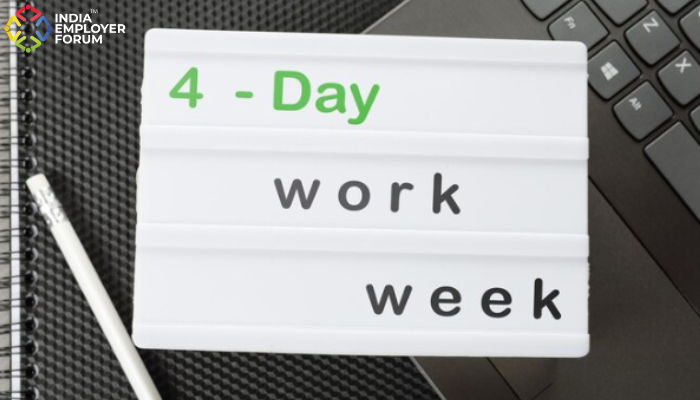We have come a long way since the time Mental Health at Work was ignored completely. Sufferers were obligated to keep their issues of anxiety, depression, self-doubt, or even more debilitating psychosomatic conditions to themselves. Seeing a therapist or a counselor was kept on the down-low even if they got to the stage of doing so. The fallout of this ignorance, which was wilful in some cases, was that people did not perform at their optimum at work and often fell prey to negative judgment, which sometimes went as far as job loss.
In India, workplace stress was often ignored or seen as ingratitude for having a job at all. It’s only in the past decade that mental health at work started getting discussed without outright dismissal as a vanity complaint.
From this stage, we are now in a world of work where employers have counselors available for a consultation when a working professional has an inkling of dysfunctional thought processes. Seminars and workshops are conducted for the workforce to strengthen their mental health at work and they are encouraged to keep up a happy, centered state of mind with regard to all the areas of their existence. This is a welcome move in the right direction. But the distance to go to reach a stigma-free workplace is still way off and active awareness creation and effort on Mental Health at Work continues to be warranted.
You might also be interested to read: What Are Employee Wellness Programs And 8 Things You Must Know About Them
Mental health at work is more than the assignment of labels
Awareness about the workforce’s challenges, weaknesses, and mental gyrations is nearly half the battle won where performance management and competency development are concerned. A question as simple as whether a person is a good worker in an individual contributor scenario or a group can be instructive in how their managers can elicit the best performance out of them. It is best when this question is answered through experiments and observation as opposed to labeling people into pigeon-holes of categories. Gregarious people can succeed better at people manager roles and might even thrive as Mentors or buddies (coaches) to those who seek to learn on the job. But human nature and human’s mental capacity are so expansive that surprising levels of learning and growth are possible.
How people in leadership roles can contribute
Thoughtful managers make way for lateral growth and discovery of emerging talents by nudging their teams out of their comfort zones just enough and deploying new challenges in pertinent, timely ways.
These insights are essential, indeed indispensable, for managers of today. Managers can no longer be forgiven for missing the memo on mental health at work. Nor is it enough to pay nominal lip service and ignore signs of trouble brewing among their teams. The training has to be in place to identify the most common and basic signs of dipping enthusiasm, motivation levels, and enjoyment of work.
Mental health issues should not be stigmatized
Rising awareness about mental health at work, in itself, is not enough. The 7thFold’s Employee Wellbeing Survey, 2020, points out that out of 30% of self-employed people and 45% of employees in India mention feeling anxious or depressed. A critical majority in this section does not know what to do to address these feelings. This is also true of those who work from home. For those between jobs, stress and anxiety over the future appear in 47% to 61% of the cases. The feelings of mental well-being were better among those who felt secure and satisfied about their jobs. Then, there are those emotional upheavals like anger, boredom with work, and apathy towards results that are often lumped under a general feeling of unsettlement but not recognized as workplace issues until they start to impact the performance.
The fact that this trend is changing and mental health at work is a mainstream topic of discussion is the first step towards making progress – toward making Human Resource Management more humane. This includes putting the employees in the driver’s seat for their inspiration, productive time at work, and supporting them through their workday regardless of where they work from.
References:
- Embrace Empathetic leadership | HR Center of Excellence | Paycor
- 36% Indian employees suffering from mental health issues: Survey | India Today Web Desk | Oct 1st, 2020
You might also be interested to read:




